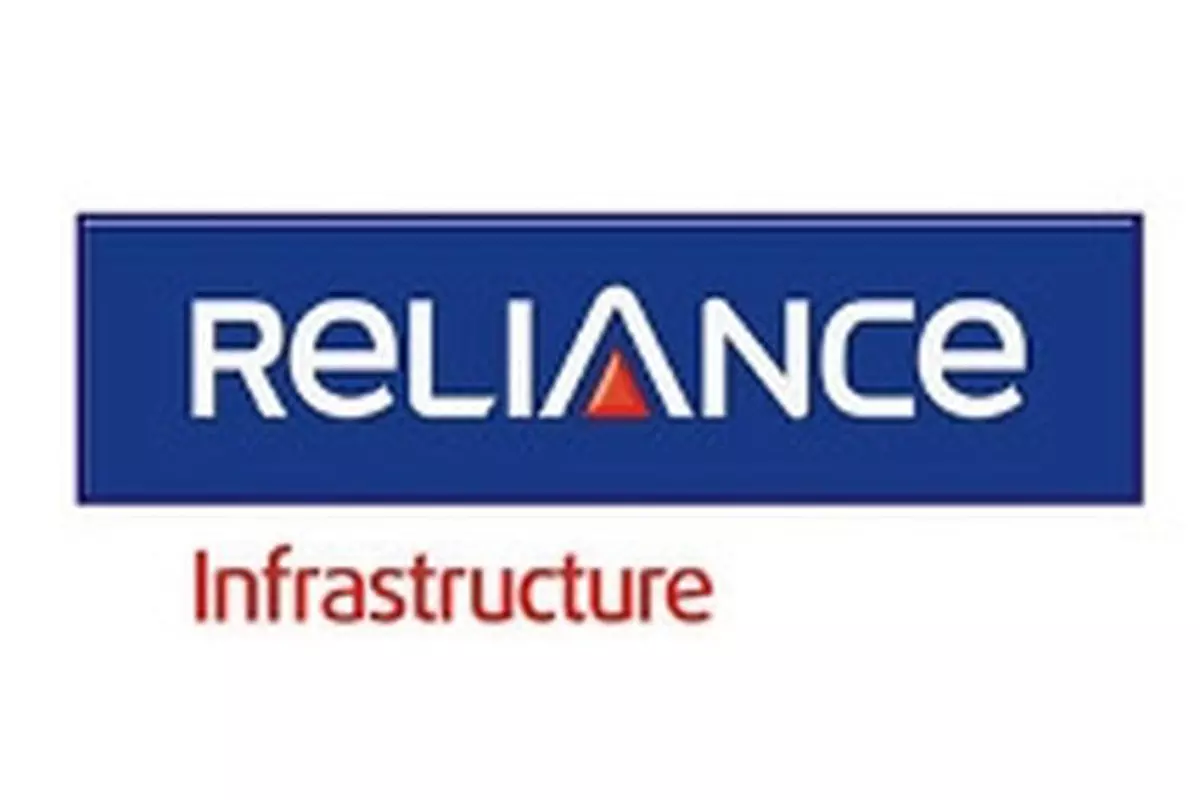Reliance Infrastructure's Rs6,000-cr fundraising plan gets shareholders' nod
Of this, Rs 3,014 crore was to be raised through preferential allotment of shares or convertible warrants, while Rs 3,000 crore will be raised by QIP
image for illustrative purpose

New Delhi: Shareholders of Reliance Infrastructure have approved the company's plan to raise Rs 6,000 crore through preferential issue of shares and qualified institutional placement (QIP) route. Both proposals have received shareholders' approval, with over 98 per cent voting in favour of the resolutions via postal ballot, the company informed in a stock exchange disclosure. Reliance Infrastructure's board, on September 19, had approved a Rs 6,000-crore fundraise plan. Of this, Rs 3,014 crore was to be raised through preferential allotment of shares or convertible warrants, while Rs 3,000 crore will be raised by QIP. In the first phase, Reliance Infrastructure is launching the Rs 3,014 crore preferential placement by issuing 12.56 crore equity shares or convertible warrants at an issue price of Rs 240 per share. Out of this, Rs 1,104 crore will be invested by the promoters of Reliance Infrastructure through promoter company Risee Infinity Private Ltd. Risee will subscribe to 4.60 crore shares. The two other investors participating in the preferential issue are Mumbai-based Fortune Financial & Equities Services and Florintree Innovations LLP. Florintree is owned by former Blackstone executive Mathew Cyriac, while Fortune Financial is owned by Nimish Shah. Fortune Financial & Equities Services is going to invest Rs 1,058 crore by subscribing to 4.41 equity shares through preferential allotment, while Florintree Innovations will invest Rs 852 crore. The firm will be allotted 3.55 crore shares. Preferential issue will enhance Reliance Infra's net worth from Rs 9,000 crore to Rs 12,000 crore, with near zero debt. The preferential issue proceeds would be utilised for expansion of business operations directly and/or through investment in subsidiaries and joint ventures including meeting the long-term working capital requirements and for general corporate purposes.

